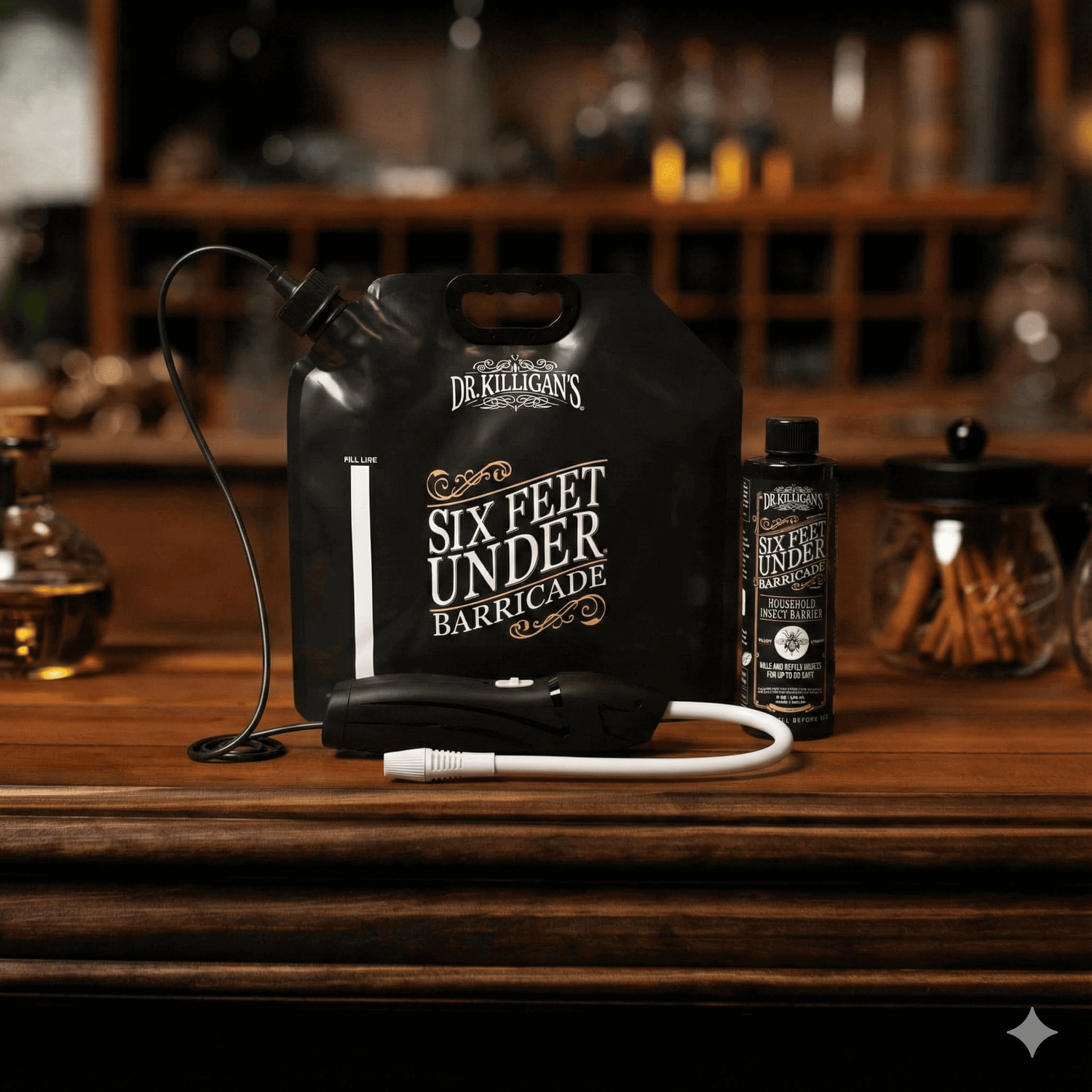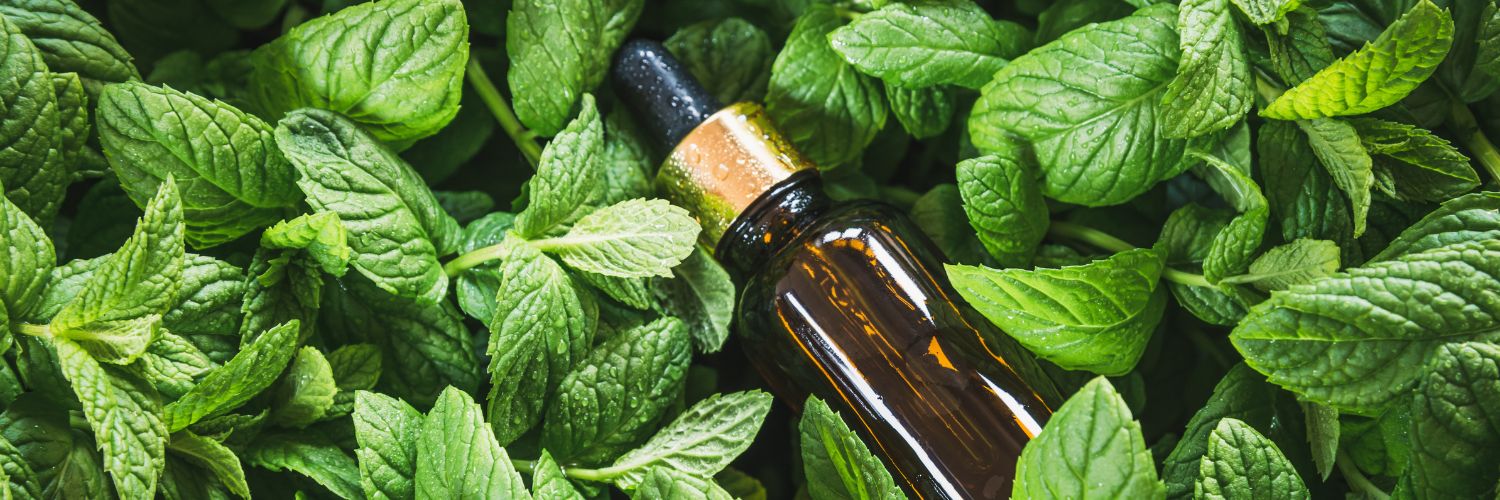In the lush world of gardening, aphid lions are crucial allies. Aphid lions, or the larval stages of lacewings, are known for their fierce appetite for aphids, play a vital role in maintaining the balance in our gardens. Let's explore their fascinating world and understand their importance in natural pest control.
The life cycle of aphid lions
Egg to larva:
The beginning stages Aphid lions start their journey as eggs are laid on foliage, often near aphid colonies. These eggs hatch into larvae, a stage marked by significant transformation, as this larval phase is when they are most active as predators.

The voracious larvae:
Nature's pest controllers In their larval stage, aphid lions take on a critical role in the garden's biological control system. Their natural inclination to hunt aphids and other pests is not merely about appetite; it's about maintaining the health and vitality of plants. These larvae serve as biocontrol agents, reducing the need for chemical pesticides and fostering a more organic garden environment. Their efficient predation helps sustain plant health and vitality, making them key players in preserving the natural order and biodiversity of the garden.
Towards adulthood:
The metamorphosis As aphid lions complete their larval stage, they undergo a metamorphosis, transitioning into pupae before emerging as adult lacewings. Once they've matured into adult lacewings, these insects take on a more genteel role in the garden. No longer the voracious predators of their youth, they gracefully flit from flower to flower, contributing to the pollination process. In this phase of their lives, they continue to support the garden's vitality.
Aphid lions at work: Natural pest controllers
Aphid lion, garden guardians:
Aphid lions, as noted above, are exceptional garden allies, playing a crucial role as natural pest controllers. These larvae are adept at hunting and consuming a variety of garden pests. By actively feeding on aphids and other small pests, aphid lions help prevent infestations that can damage or destroy plants.

Eco-friendly pest management:
The presence of aphid lions in a garden marks a deeper commitment to ecological well-being. Far from the disruptive nature of chemical pesticides, these lacewing larvae embody a gentle yet effective approach to maintaining garden health through enhancing biodiversity and supporting a balanced ecosystem. Their natural predatory activities play a pivotal role not only in managing pests but also in creating a habitat conducive to pollinators and other beneficial organisms. This harmonious interplay of various garden inhabitants is in line with Dr. Killigan's philosophy of nurturing an environment where all elements coexist in a mutually beneficial relationship.
Benefits beyond pest control:
Aphid lions play a transformative role in garden health, extending far beyond pest control. These natural predators help foster a diverse array of plant and insect life. This ecological balance they help maintain results in stronger, healthier plants, and can even attract other beneficial species. Gardeners who embrace aphid lions as part of their gardening strategy will witness a thriving, vibrant garden.
Identifying aphid lions in your garden
Spotting the garden allies:

Identifying aphid lions in your garden is crucial for gardeners who wish to leverage their pest control abilities. They boast slender, elongated bodies, reminiscent of miniature reptilian predators, and their pronounced mandibles are perfectly adapted for their role as natural pest controllers.
Understanding their behavior and habitat:
Aphid lions are not only identified by their physical characteristics but also by their behavior. Aphid lions are a marvel to behold in their predatory prowess. Agile and efficient, they patrol the undershadows of foliage, always on the hunt. These natural warriors are particularly drawn to areas where aphids congregate. Gardeners may often witness these vigilant larvae navigating leaf undersides.
Creating a welcoming environment for aphid lions
Fostering a habitat for lacewings:
Attracting aphid lions to your garden is a strategic process that involves creating a hospitable environment for these beneficial insects. Embracing the Dr. Killigan ethos, creating a garden oasis for aphid lions is all about cultivating a nurturing environment for their entire lifecycle. This means diversifying your green space with a bouquet of lacewing-friendly plants like alyssum, cosmos and dill. These aren't just pretty faces in your garden; they're lacewing magnets, offering the nectar and pollen adult lacewings crave.

Minimizing pesticide use:
An equally important factor in making your garden welcoming to aphid lions is the reduction or elimination of pesticide use. Chemical pesticides not only harm the targeted pests but also beneficial insects like aphid lions. Instead, opting for natural or organic pest control methods like Dust to Dust Non-Toxic Insect Powder ensures a safe environment for these predators.
Dr. Killigan’s approach to complementary pest control
Targeted solutions and eco-friendly practices:
Dust to Dust embodies our commitment to eco-friendly practices. This product is meticulously formulated to address specific pest challenges without disrupting the delicate balance of your garden, as its silica content is not only plant-friendly, but also advantageous for plants. It's ideal for use in areas where aphid lions or other beneficial insects are less active or for managing pests beyond the scope of these natural predators.
Safeguarding your garden with Dr. Killigan’s Dust to Dust
Strategic application in diverse gardens:
Dr. Killigan’s Dust to Dust is tailored for gardeners seeking a harmonious balance between natural and product-based pest control. In a mixed flower garden, for instance, Dust to Dust can be used around the base of plants where snails and slugs might be a problem, a challenge that aphid lions do not address. This selective application allows aphid lions to continue controlling aphids on the foliage, while Dust to Dust manages ground-level pests.

Focused use in vegetable gardens:
In a vegetable garden, Dust to Dust can be particularly useful for managing pests that dwell in the soil or on lower plant stems, such as cutworms or certain types of beetles. By applying the powder to the soil and lower stems, you protect the root systems and base of the plants, while aphid lions patrol the leaves and higher parts of the plants for aphids and other pests.
Complementary approach in rose gardens:
For rose gardens, where aphids can be a significant issue, Dust to Dust can be applied at the base of the roses to target pests like rose beetles without interfering with aphid lions working on the foliage. This ensures the roses are protected from a range of pests, maintaining their health and beauty.
Precision application with Insect Buster:
Utilizing the Insect Buster Bulb Duster, gardeners can apply Dust to Dust precisely where needed, avoiding areas where aphid lions are active. This targeted approach maximizes the effectiveness of the product while preserving the beneficial insect population. For example, focusing the application around plant stems and avoiding flowering areas where aphid lions might feed or where adult lacewings might visit for nectar.
By integrating Dust to Dust into your garden care in this manner, you ensure comprehensive pest control that respects and enhances the natural ecosystem of your garden.
Conclusion: Embracing nature’s balance
In conclusion, understanding and embracing the role of aphid lions in your garden is not just about natural pest control—it's about joining a movement towards a more sustainable and balanced ecosystem. Dr. Killigan's encourages you to welcome these garden guardians with open arms and to complement their efforts with our eco-friendly, non-toxic solutions. So, let's take action today. Choose Dr. Killigan's products, support the natural warriors in your garden, and step forward into a greener, more harmonious world of gardening. Visit our website for more information and join us in making a positive impact on our planet.

















